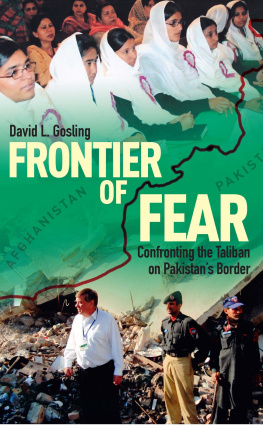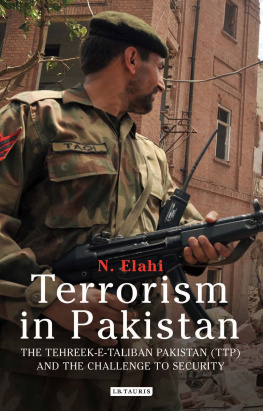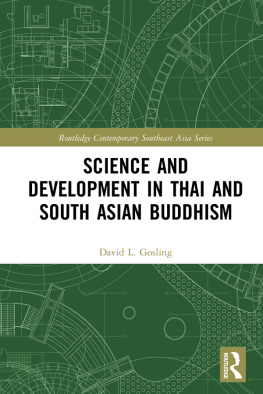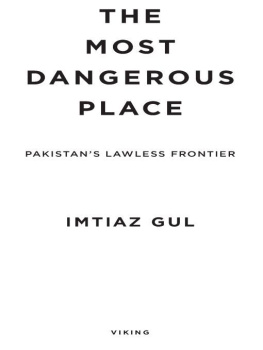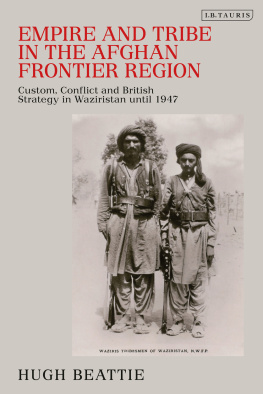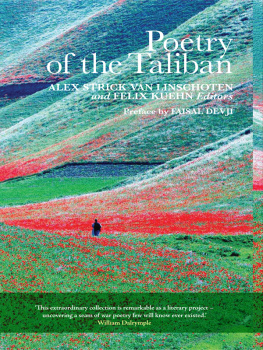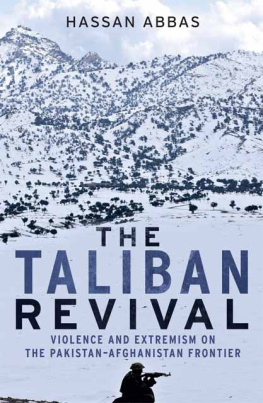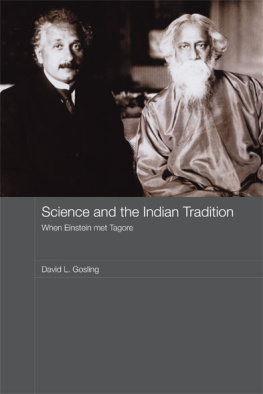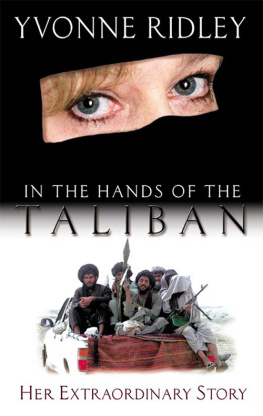David L. Gosling was principal of Edwardes College in the University of Peshawar from 2006-2010. He trained as a nuclear physicist and has held positions in the universities of Hull and Delhi (St Stephens College), the East-West Center in Hawaii, and at the World Council of Churches in Geneva where he was director of Church and Society. More recently he taught in the Faculty of Education at Cambridge University. He was also Spalding Fellow at Clare Hall. He has published on ecological and scientific issues in south Asia, and on nuclear power.
This very personal history of a great institution now facing an uncertain future raises some hard questions about Western responses to the political crises of Pakistan and its neighbours, not least a clear statement of why drone warfare is so gravely counterproductive. As one mans perspective on a complex and painful situation, it needs careful reading and pondering, especially by those who shape Western strategy in the region. Professor Rowan Williams, Master of Magdalene College, Cambridge, Former Archbishop of Canterbury
A fascinating, informative but disturbing read with its descriptions of the rise of the Taliban, escalating violence in the political scene and corruption in unexpected places. What shines through is the founding commitment of Edwardes College to excellence in education and service as well as the authors own commitment, as principal in threatening times, to continue this with his own passionate resolution to ensure equal opportunities for women. No wonder he quotes Mandela, Education is the most powerful weapon you can have to change the world. Dame Mary Tanner, Former President for Europe, World Council of Churches
Having visited Peshawar and Edwardes College many times I can confirm the authenticity of David Goslings portrayal of events. He deserves great credit for his unrelenting commitment to maintaining and developing the Colleges academic standards and for his stand against the corruption and nepotism which infected even the Church of Pakistan. Despite a death threat and many disappointments the author always maintains a deep empathy with the people in and around Edwardes College. He also gives important pointers towards a better understanding of the manifold problems faced by Christians and Muslims in this region. Dr Gunter Mulack, Former German Ambassador to Pakistan and first German Commissioner for Dialogue with the Muslim World
David Goslings courageous and vivid account of his four years as principal of the distinguished Edwardes College in Pakistans ancient frontier city of Peshawar, adjoining Afghanistan, provides so much more than just a personal memoir accompanied by insightful comments and attractive photographs. His wide knowledge of the Indian subcontinent, its rich history and culture, and his own scientific and educational expertise enable him to bring into view wide vistas of tribal and global politics, unravelling some of the complex tapestry of political machinations in an essentially still feudal frontier society. Gosling retraces the major lines of radicalisation and describes in some detail the unprecedented levels of violence in Peshawar, much of it connected with years of using destructive drones by Western powers. It is a provocative, hard-hitting account full of amazing local, national and international detail. But ultimately it is also a clarion call for the radically transformative power of education, linked to a vision of hope that positive collaboration and peace must be possible. Professor Ursula King, Institute of Advanced Studies, University of Bristol
Readers on the North American continent would certainly benefit from this account of the historical background of the Pak/Afghan region, as well as from knowing that quality education is available to students of all ethnic backgrounds. As principal of Edwardes College Gosling deftly met the numerous challenges of a Christian college whose students were mainly Muslim. He describes the political and social problems of the area, yet offers hope for an educational institution many of whose alumni have gone on to become leaders in all walks of life. Thomas J. Lindell PhD, Emeritus Professor, University of Arizona
Every page reminds me of those dark days in Peshawar when the terrorists seemed to be moving closer and closer, and how our principal led the college. At the same time he was able to increase academic standards all round, especially among the women students and teachers. An important feature of the book is its portrayal of Sufi-inspired Islam which is much closer to our hearts than imported versions; there are also references to the inspiring science-based legacy of Muhammad Iqb l. Muhammad Jehangir, Professor of English, Edwardes College, Peshawar
Frontier of Fear
Confronting the Taliban on Pakistans Border
David L. Gosling
The Radcliffe Press
LONDON NEW YORK
An imprint of I.B. Tauris
Published in 2016 by The Radcliffe Press
An imprint of I.B.Tauris & Co. Ltd
London New York
www.ibtauris.com
Copyright 2016 David L. Gosling
The right of David L. Gosling to be identified as the author of this work has been asserted by the author in accordance with the Copyright, Designs and Patents Act 1988.
All rights reserved. Except for brief quotations in a review, this book, or any part thereof, may not be reproduced, stored in or introduced into a retrieval system, or transmitted, in any form or by any means, electronic, mechanical, photocopying, recording or otherwise, without the prior written permission of the publisher.
Every attempt has been made to gain permission for the use of the images in this book. Any omissions will be rectified in future editions.
References to websites were correct at the time of writing.
ISBN: 978 1 78453 468 4
eISBN: 978 0 85772 993 4
A full CIP record for this book is available from the British Library
A full CIP record is available from the Library of Congress
Library of Congress Catalog Card Number: available
Typeset by Saxon Graphics Ltd, Derby
Printed and bound by CPI Group (UK) Ltd, Croydon, CR0 4YY
This book is dedicated to the teaching and administrative staff and the students of Edwardes College, Peshawar, and the younger members of St Johns Cathedral and All Saints Church, Peshawar. I am grateful to all of them for their wisdom, friendship and affection.
* * * * *
Humanity is all one body,
To torture another is simply to wound yourself.
When you dont look for faults in others,
They will conceal your weakness in return.
Make your path straight now, by the bright light of day;
For pitch darkness will come without warning...
The heart that is safe in the storm
Is the one which carries others burdens like a boat.
Abdur Rahman (seventeenth-century Pashto poet)
Contents
In a country that has five million children out of school (three million of them girls) it may seem incongruous to prioritise higher education. But prestigious secondary and higher education institutions such as Edwardes College to be the focus of much of what follows are capable of producing the calibre of leaders able to address wider educational issues at the appropriate levels national, regional and local.
For more than a hundred years Edwardes College in Peshawar, close to the Afghan border, has provided quality education to young people in Khyber-Pakhtunkhwa (formerly known as the North-West Frontier Province). It was the first college in the province to become co-educational and has consistently maintained high academic standards, especially in the sciences.

